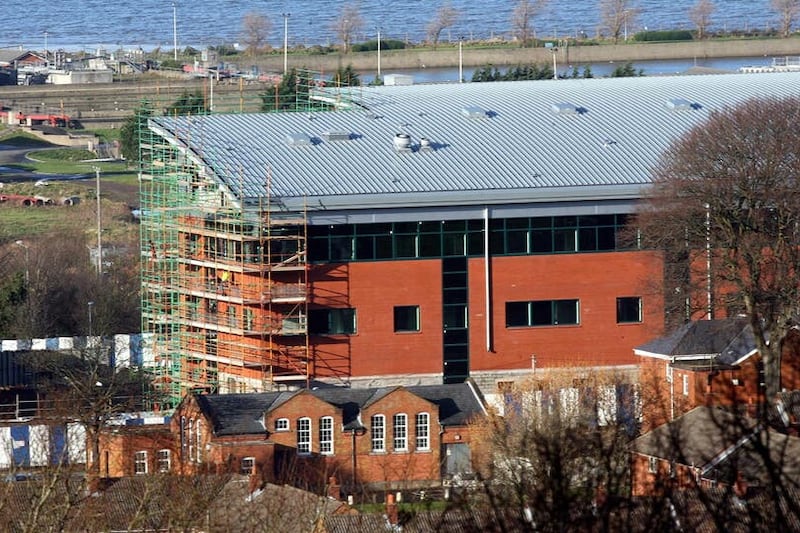Concerns have been raised about the role of MI5 operations directed against journalists and the ‘inability’ of a PSNI-linked surveillance review to investigate the covert agency.
Details of MI5’s involvement emerged during a hearing of a Northern Ireland Affairs Committee into press freedom at Westminster on Wednesday, which took evidence from journalists Barry McCaffrey and Trevor Birney.
In December, the Investigatory Powers Tribunal (IPT) found the pair were victims of unlawful surveillance.
It has also emerged that former BBC journalist Vincent Kearney, who now works for RTE, was also been spied on, along with a former Police Ombudsman official.

The McCullough Review, headed by London based KC Angus McCullough, was established by PSNI chief constable Jon Boutcher last year in response to the growing scandal.
Speaking to MPs, Mr Birney outlined how lawyers for MI5 and GCHQ (General Communications Headquarters), a British government agency responsible for electronic and other surveillance, intervened in last year’s IPT hearing requesting that the BBC case be removed from his.
Mr Birney said the “indication to the court” was that there was an “enormous amount of information that MI5 held on the BBC and its journalists”.
He added that his case raised questions including “what is the relationship between MI5 and the BBC?”
“What do BBC journalists know about that relationship? he asked.
“And, how much data and information are MI5 getting access to with BBC journalists, who are obviously working in very sensitive areas, dealing with very sensitive issues and talking to individuals from right across the spectrum?”
He questioned “the role” of MI5, GCHQ and Metropolitan Police.
“Unfortunately, the McCullough Review cannot give us answers to that,” he said.
During the hearing, Mr McCaffrey also revealed that the McCullough Review is unable to examine the practice of “intercepts”, which he said involved listening to phone calls, reading emails and phone messages.
“Angus McCullough can’t investigate intercepts,” he said.
“He can’t make any public statement on intercepts.
“It’s an important part…of his review, are journalists being spied on a daily basis?
“Are their phone calls being listened to?
“The McCullough Review can’t tell us that.”
Mr McCaffrey said Mr McCullough cannot even confirm if the practice is not taking place.
“We believe that is a major black hole in the review, through no fault of Mr McCullough himself,” he said.
A BBC spokesperson said: “The BBC is editorially independent and delivers impartial journalism free of outside influences, as guaranteed by the Royal Charter. The President of the Investigatory Powers Tribunal decided that claims by the BBC and Vincent Kearney will be heard separately and at a later date. We welcome this – reflecting our view that serious issues of public interest are engaged, including in relation to the adverse effects that surveillance may have on BBC journalism and its freedoms and journalistic activity more generally.”
Angus McCullough said the terms of references allows the review to consider “any surveillance” by the PSNI.
And he added: “The use of the powers requires a warrant approved by the Secretary of State (or in in their absence a Minister). The Review has been provided with access to documentation in relation to all forms of covert surveillance including any intercept so the Review has full access to any PSNI warrantry documentation over the relevant period. All relevant documents are under consideration by the Review and no category of covert surveillance is excluded.”







